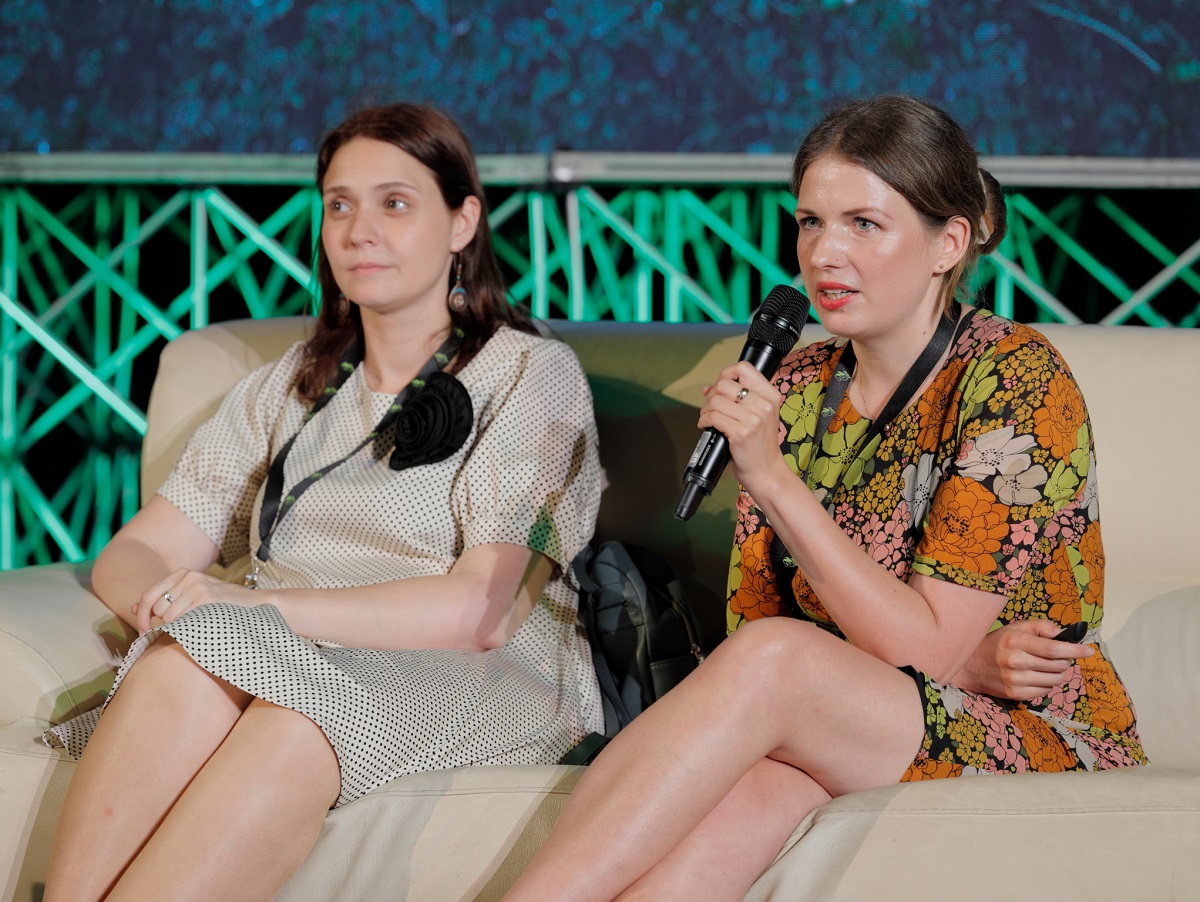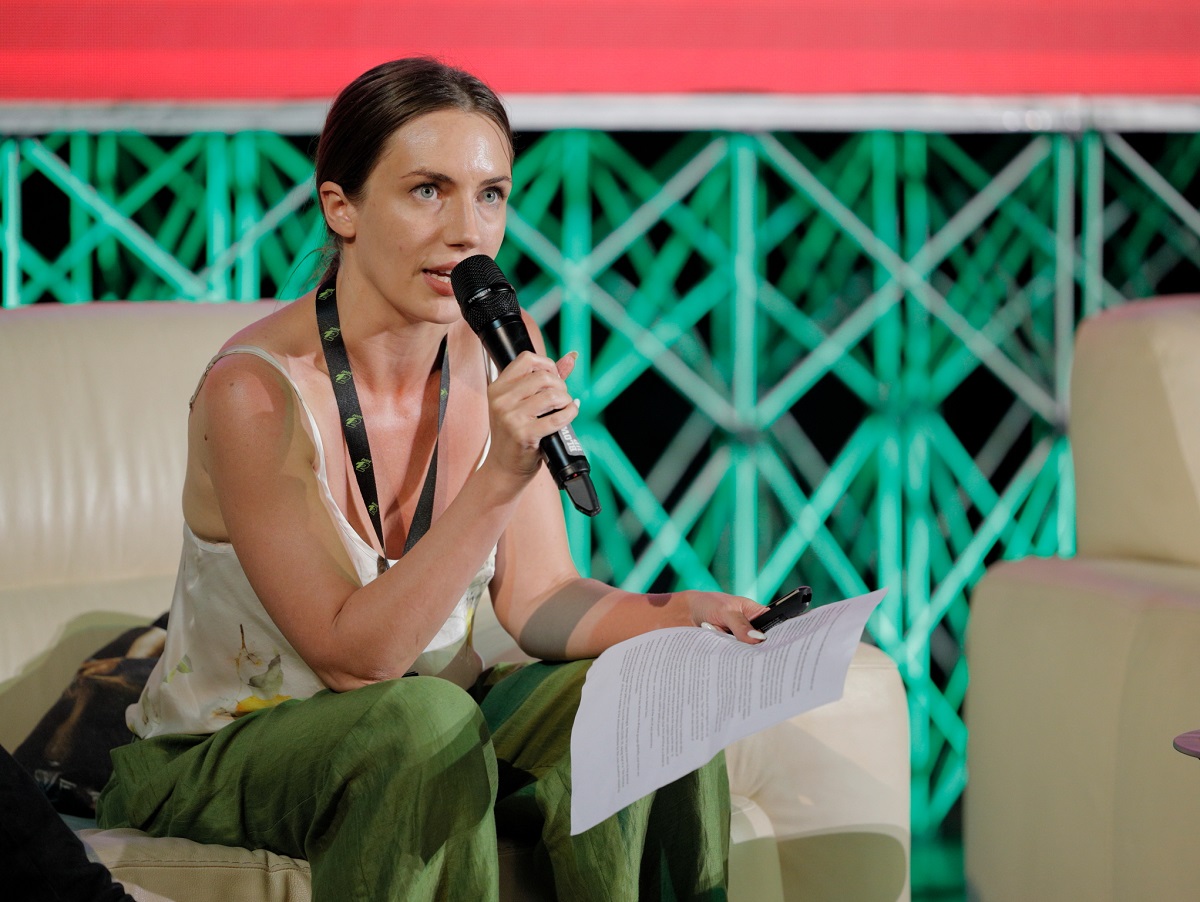Digital Silk Road, Anastasia movement and science disinformation
At Point 2024, on Thursday afternoon, a showcase track panel was dedicated to the Digital Silk Road and the way it affects Balkan, the right-wing Anastasianism Movement and Disinformation in Connection with anti-EU sentiment and nationalism. The lack of media literacy in this respect has, once again, turned out to be a major issue.

The panel, moderated by Dalio Sijah from the citizen association “Why not” gathered Arta Haxhixhemajli, non-resident research fellow at the German Marshall Fund of the United States, with her insights on “Digital Silk Road and impact on the Balkans”, Aistė Meidutė from Baltic Research Foundation for Digital Resilience (DIGIRES) with her insight on right-wing Anastasianism Movement and Disinformation, and Jelena Kalinić, from CSO Science and the World who shared her insights on science and health disinformation: Connection with anti EU sentiment and nationalism.
Haxhixhemajli pointed out that 5G connectivity in the Western Balkans was the topic of her recent research with the idea of discovering how it works, who is providing it and what the challenges are.
As she stated, the focus was on cooperation with China and the question of security. As Haxhixhemajli stated the main questions are “Who is providing the internet and what it can do with all the information gathered”.
“Serbia and China have good cooperation. However, the implementation of the 5G digital structure was followed by scandals. In Bosnia and Herzegovina as well as in Montenegro, we noticed that the same concerns are present”, she said.
She explained that, on the other hand, North Macedonia, Albania and Kosovo are part of The Clean Network program which is the USA’s approach to safeguarding the nation’s assets including citizens’ privacy and companies’ most sensitive information from aggressive intrusions by malign actors.

Meidutė from the Baltic Research Foundation for Digital Resilience (DIGIRES) shared her experiences regarding the Anastasia movement that originated in Russia in the late 1990s and has been slowly spreading through Eastern and Central Europe ever since.
She explained that this movement often connected with antisemitic elements in their beliefs connected to the far-right.
“They are seen as hippies, often connected with environmental activism, but for some of them, not all, that is just cover for spreading disinformation, antisemitism and hate against migrants”, Meidutė said.
When confronted with facts, Meidutė explained, the majority of them will simply say that “we do live in a free world”, and that they are entitled to their lifestyles but at the same time, this and similar groups are at risk of radicalisation and indoctrination.

Kalinić explains that, based on her experience, anti-EU sentiments are often related to anti-science beliefs. She noted that most of the people who are EU sceptics are mostly pro-Russian, when it comes to Western Balkans, especially Bosnia and Serbia.
“We see this influence from Russia in spreading disinformation which can be anti-science,” she said with examples of a few prominent figures, who used to be known, mostly on social media, as persons who spread anti-science beliefs but are now actors in political life, with strong anti-EU sentiment.
The panel discussion provided insights into the state of different ways of spreading disinformation which often can be seen as different at the beginning, but with one, mostly political aim at the end. The speakers highlighted the need for education, media literacy and fact-checking as a combined approach to tackle this issue.
Author: Mladen Lakić